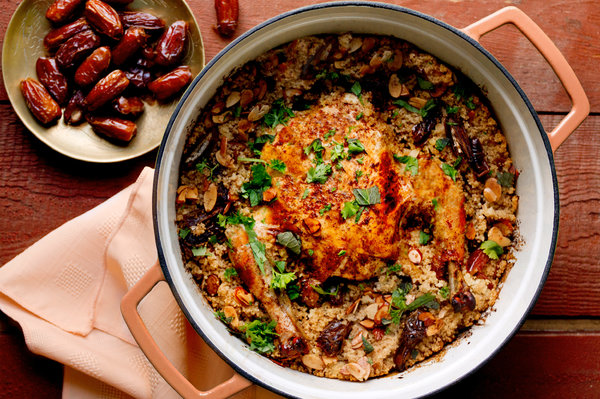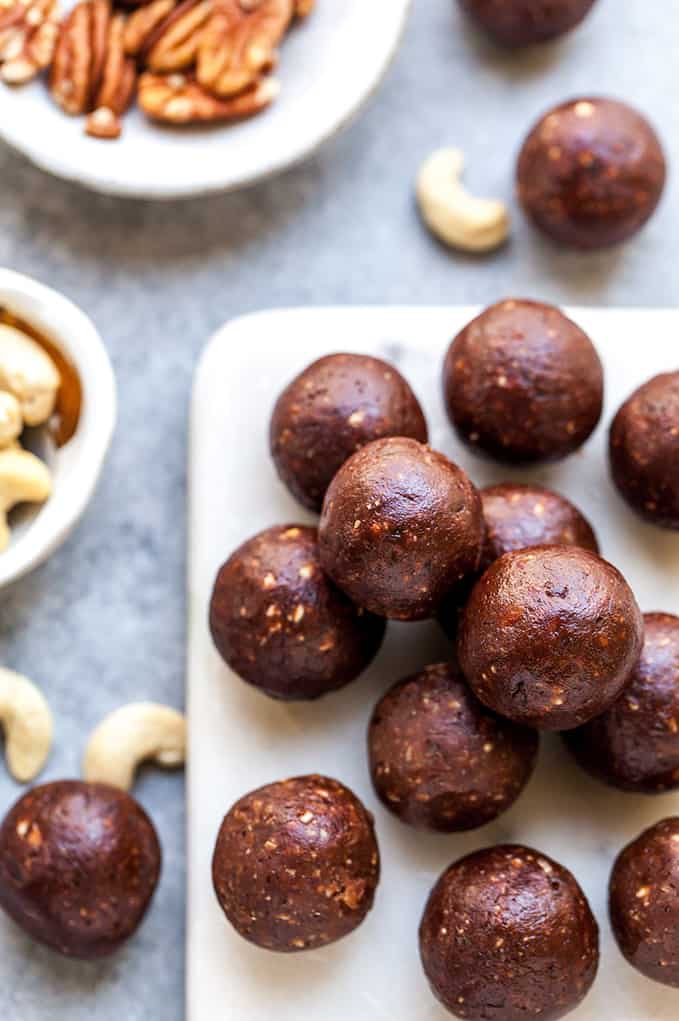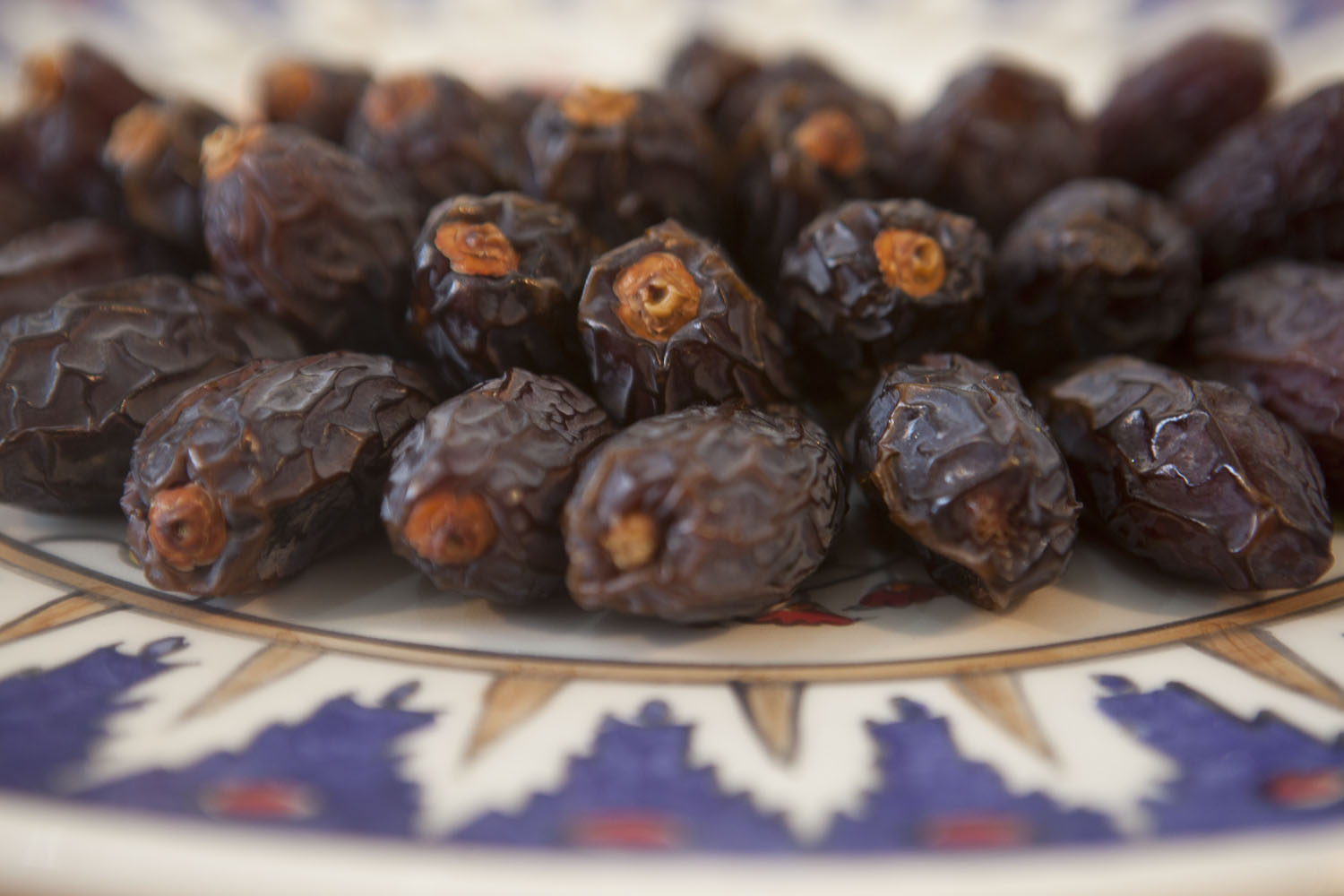The exact origin of the date palm is considered lost in Antiquity. However, it is certain that the date palm was cultivated as early as 4000 B.C. since it was used for the construction of the temple of the moon god near Ur in Southern Iraq – Mesopotamia.
More proof of the great antiquity of the date palm is in Egypt’s Nile Valley where it was used as the symbol for a year in Egyptian hieroglyphics and its frond as a symbol for a month (Dowson, 1982). However, the culture of date palm did not become important in Egypt until somewhat later than that of Iraq, about 3000 – 2000 B.C.
The scientific name, Phoenix Dactylifera, comes from ancient Greece. The coastal region between the Jordan Valley and the Mediterranean Sea is known as Phoenicia, Greek for purple land, a nod to the purple dye made from poisonous sea snails that made the area famous. Because the date palm grew abundantly in Phoenicia, it was believed to be the tree’s homeland. It became known as Phoenix, or the tree of Phoenicia, and was a symbol of the region and was featured on Phoenician coins. Dactylifera translates to “finger bearing”, a reference to the oblong-shaped dates and the clusters they grow in.
The above is confirmed by history and corroborated by the archaeological research into ancient historical remains of the Sumerians, Akkadians, and Babylonians. Houses of these very ancient people were roofed with palm tree trunks and fronds. The uses of data for medicinal purposes, in addition to its food value, were also documented.
Date production is a world agricultural industry producing about 5.4 million metric tons (Mt) of fruit. The date fruit, which is produced largely in the hot arid regions of South West Asia and North Africa, is marketed all over the world as a high-value confectionery and fruit crop and remains an extremely important subsistence crop in most of the desert regions.
The world production of dates has increased from about 1.8 million tons in 1961 to 2.8 million in 1985 and 5.4 million in 2001. The increase of 2.6 million tons since 1985 represents an annual expansion of about 5 percent.
The major date producers in the world are situated in the Middle East and North Africa. On average over the period 1999-2001, Iran, Saudi Arabia, and Iraq had almost half of the harvested area of the world.
In conclusion, the date palm is probably the most ancient cultivated tree in the world. It could be safely assumed that the reason for mentioning dates and date palms in the Abrahamic religions was due mainly to the influence of the Prophet Abraham, who was born and raised in the old city of Ur where date palms were grown.
Fresh Medjool dates come from the Middle East and North African regions, playing an incredibly important role in the cultures of this diverse area of the world. They are the world’s oldest cultivated fruit, and people have been growing them for at least 6,000 years. Ancient cultures referred to date palms as “trees of life” and they remain a critical food source for nomadic people across the globe to this day.
The Medjool date is considered the premiere variety of dates. Its larger size, chewy texture, and decadently sweet flavor have made the Medjool prized above others for millenniums. Historically, the fruit was highly coveted due to its difficult and labor-intensive cultivation. It was enjoyed exclusively by royalty and reserved for lavish celebrations, thus inspiring the titles “The King of Dates” and “The Diamond of Fruits”.
In the world of natural dates, Medjoul Dates are known as a superior and unique confection and were once exclusively reserved for royalty and their guests. They are special because they can grow only in a very few areas in the world (California, Mexico, the Jordan valley, and some parts of Africa) and because they have the ability to naturally grow larger while maintaining a rich taste and an enjoyable texture. While there have been attempts to cultivate Medjoul date palms in different parts of the world, the crop has not yet delivered the special quality and taste criteria for which Medjoul dates are favored.
Most consumers associate Medjoul dates with the widely known soft Jumbo dates (extremely large size with soft flesh), while only a few know that this date variety is also available in various sizes, softness, and appearance, offering delicious alternatives that are in line with the different consumer preferences and uses.
Medjoul dates are energy dense with a juicy, fleshy, and Chewy texture. Full of natural sugars, mostly in the form of glucose and fructose, they represent a healthy and highly energizing snack choice.
Jordan Valley is the lowest point on earth, 390 meters below sea level, where the air is enriched with the highest levels of oxygen. Just a few meters away from the Jordan River. The area is several degrees warmer than adjacent areas and its year-round agricultural climate and fertile soils make it an important location for successful and sustainable agriculture.
The Jordan Valley is known to be the best place worldwide for cultivating high-quality Medjool dates, because of its exceptionally high temperatures, low humidity, and minimal rainfall. These unique climate conditions are ideal for producing the “The King of Dates”.
Nakheel Palestine grew out of a strong commitment to invest in the Palestinian agricultural sector, specifically date palm cultivation, to enable the growth of the economy, and introduce high-quality Palestinian products into local and international markets. Nakheel Palestine is a regional leader in growing, packing, and exporting the finest quality Palestinian Medjoul.
The magical city of Jericho is the home of Nakheel Palestine. Jericho is 30 Km east of the holy city of Jerusalem and it is the oldest inhabited city in the world. Located 256 meters below sea level, the city is known for its unique warm weather with 258 sunny days a year, which makes it the perfect place to grow Medjoul date palm trees.
Jericho’s Climate makes it the perfect home for date palm cultivation. Nakheel Palestine’s agricultural experts, through developing and implementing their daily care programs, ensure that we are able to produce the best Medjoul Dates in the region; using the latest technologies in irrigation, sorting, and fertilization.
Nakheel Palestine provides the best Medjool Dates, as we provide our customers with fresh Palestinian Dates grown, packed, and exported from Nakheel’s warehouses to international markets.



